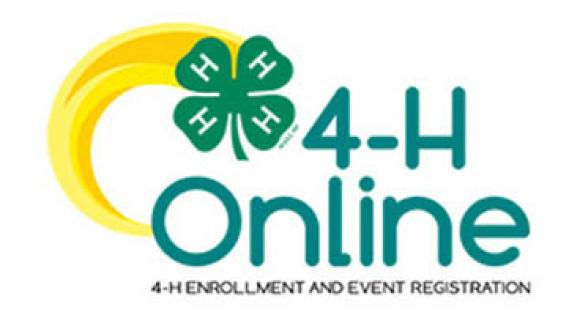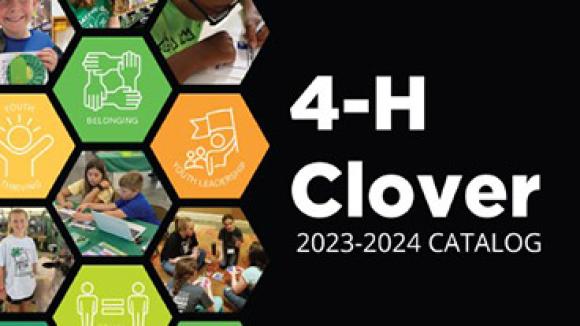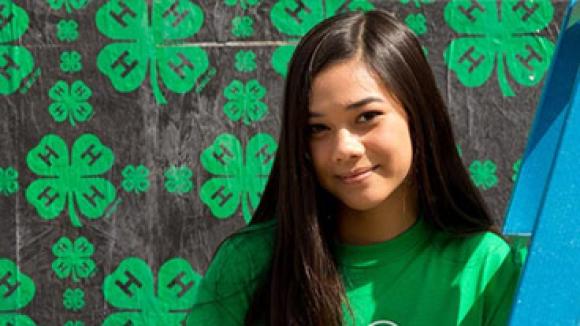Extension's most often recognized or acknowledged youth development program is the classic Missouri 4-H club program.
Marion County 4-H Clubs
- Coffee Creek, meets at 6 p.m. on the first Wednesday of every month at Marion County R-2 School. Club leaders: Dulcie Stewart and Maggie Goldinger
- Fabius, meets at 6:30 p.m. on the first Tuesday of every month at Fabius Community House. Club leaders: Amy Bowman and Bianca Strubinger
- Lucky Four, meets at 4 p.m. on the second Sunday of every month at Immanuel Lutheran Fellowship Hall. Club leader: Andrea King
- Marion Boosters, meets at 6:30 p.m. on the first Thursday of every month at the Halls’ Building in Palmyra. Club leader: April Camden
- Mt. Zion Country Clovers, meets at 6:30 p.m. on the first Thursday of every month at 306 S. Main in Palmyra. Club leaders: Tracy Meyer and Amanda Hall
- Pleasant Day, meets at 4 p.m. on the second Saturday of every month at Monroe City Christian Church. Club leader: Amy Masterson
- Silver Spurs, meets at 6 p.m. on the third Tuesday of every month at F & T Livestock Market. Club leaders: Jessica Lehenbauer and Kathryn Caddity
- Stone, meets at 6:30 p.m. on the third Wednesday of every month at the United Methodist Church in Monroe City. Club leader: Tiffany Greiman
- Taylor, meets at 7 p.m. on the second Thursday of every month at Heimer Construction. Club leader: Danielle Heimer
About 4-H
4-H brings young people, ages 5 to 18, and adults together to learn everyday skills through hands-on learning. Working on activities from animal and plant sciences to robotics, 4-H’ers learn problem-solving skills that can make a positive impact upon our community. Through 4-H, young people learn to meet the diverse challenges of today’s world, build self-confidence, learn responsibility and make positive decisions.



